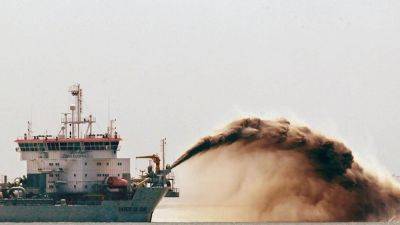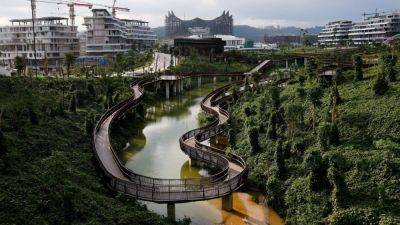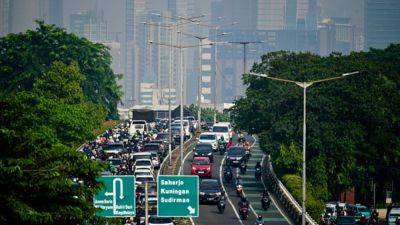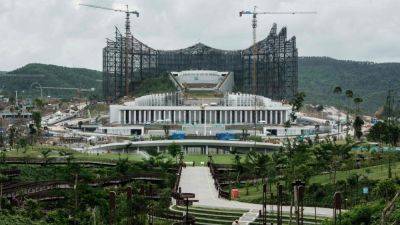Indonesia ‘blood nickel’ risks too grave to ignore
Earlier this month, the US government sounded the alarm over the use of forced labor in the nickel mines of Indonesia.
The finding has major implications for the energy transition because large amounts of nickel are needed to produce electric vehicle (EV) batteries and other low-carbon energy technologies.
Indonesia, which holds nearly a quarter of the world’s nickel reserves, employs around 6,000 Chinese migrant workers under often exploitative conditions: low wages, extended hours, surveillance and isolation.
This new listing highlights what has long been known about Indonesia’s troubled nickel industry and underscores China’s determination to dominate critical mineral supply chains—regardless of the human or environmental cost.
Indonesia’s nickel industry is under intensifying scrutiny, not only for labor rights violations but also for its severe environmental damage.
BASF’s recent withdrawal from a US$2.6 billion nickel refinery in Weda Bay, Indonesia, reflects mounting global concerns. Although BASF attributed its decision to market dynamics, calls from environmental and human rights groups against the project played a significant role.
BASF’s exit and the US Department of Labor’s forced labor finding should serve as a wake-up call for the clean energy and automotive sectors.
Indonesia’s nickel industry is powered by billions of dollars of Chinese investment. This threatens to tarnish the clean energy transition, particularly for companies that use nickel in EV batteries.
An investigative report from Bloomberg News paints a grim picture of Indonesia’s collaboration with China. Rivers in the archipelago run red with mine waste while local ecosystems are being decimated, according to the report. Worker deaths and







